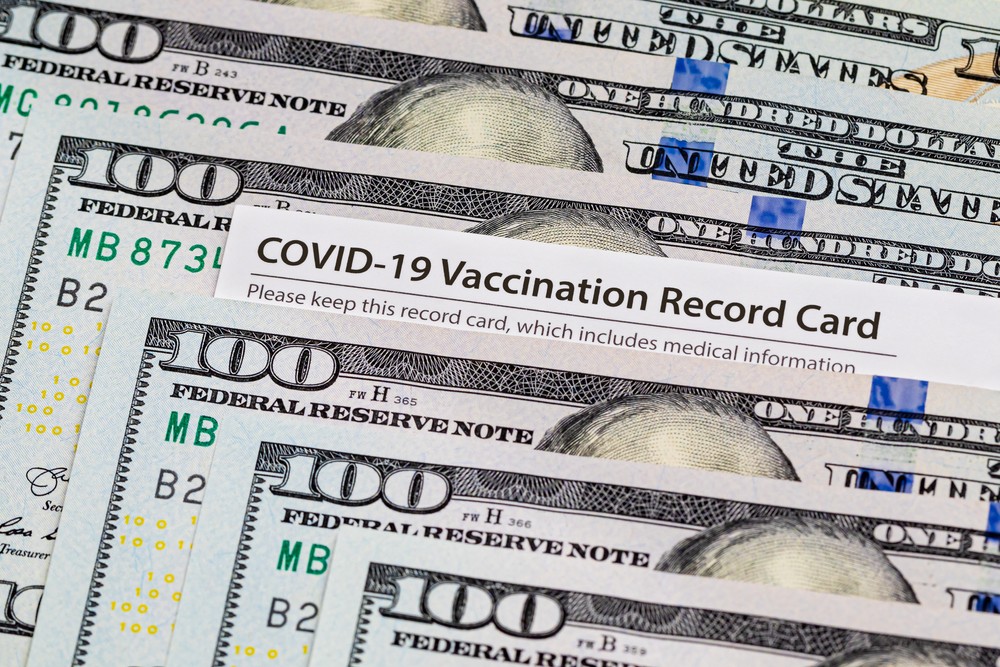Federal Vaccine Mandate: Who Needs a Shot?

The battle against the COVID-19 pandemic reached new heights earlier this month when President Joe Biden announced a new vaccination mandate for roughly 100 million American workers. Drawing praise from some, and ire from others, the mandate is an aggressive step toward quashing COVID-19 and the new variants fueling a resurgence of the virus across the country.
Following the President’s announcement, companies are scrambling to determine where they fall under the government’s sweeping mandate. Manufacturers should pay close attention as the November 22 deadline for federal worker vaccinations approaches. Is your business next on the list for mandatory vaccinations?
Who needs to get vaccinated?
The mandate requires vaccination for all employees working in hospitals, clinics, and other facilities accepting Medicare and Medicaid payments. The same is true for approximately 300,000 employees of the Head Start early childhood education program and other federal education initiatives. The mandate also requires all federal workers and contractors receive vaccinations, and exceptions are limited.
The rules are a bit more lenient for private companies with 100 or more employees on staff. That said, those that don’t comply with the rules could face fines of up to $14,000 per violation.

Not an all-or-nothing mandate
Initially, President Biden resisted issuing a vaccine mandate, despite urges from state legislators mired in local outbreaks. Now, demand for federal guidance has all but forced a ruling. During his address to the nation, the President made the dire circumstances leading to his decision clear and directly addressed those refusing vaccination, “The unvaccinated overcrowd our hospitals leaving no room for someone with a heart attack or pancreatitis or cancer,” Biden said, “We’ve been patient, but our patience is wearing thin. And your refusal has cost all of us.”
But the mandate isn’t an ultimatum. Private employers with 100 or more workers don’t need to require vaccinations for their employees. Instead, if an employee chooses not to get vaccinated, they must subject themselves to regular testing. Both scenarios illustrate the underlying reason for the mandate: to reduce the spread of COVID-19 and its variants.
Examples of progress
Some companies have already demonstrated the benefits of increasing employee vaccination rates. Tyson Foods, for example, announced plans to mandate vaccinations in early August, and now, the company has an employee vaccination rate of around 72% — putting them ahead of the mandate. Before the decision to require vaccinations, Tyson’s employee vaccination rate was only 45%.
In another example, more than half the unvaccinated employees at United Airlines received their vaccine after the company announced its own requirement. Both companies serve as examples of what manufacturers can do to get ahead of the mandate — and the virus itself.

The time to vaccinate is upon us
Between the recent FDA approval of COVID-19 vaccines and the new federal mandate, the time has come for business to take action on vaccination efforts. While many manufacturers have kept quiet on the issue, the opportunity to put COVID-19 behind us is real — if everyone can be convinced to work together. Vaccination is a simple step we can all take to help resolve a huge problem with devastating effects on public health, the global economy, and our everyday lives. If a vaccine mandate — or routine testing — is what it takes to end the pandemic, it’s an opportunity we can’t ignore.